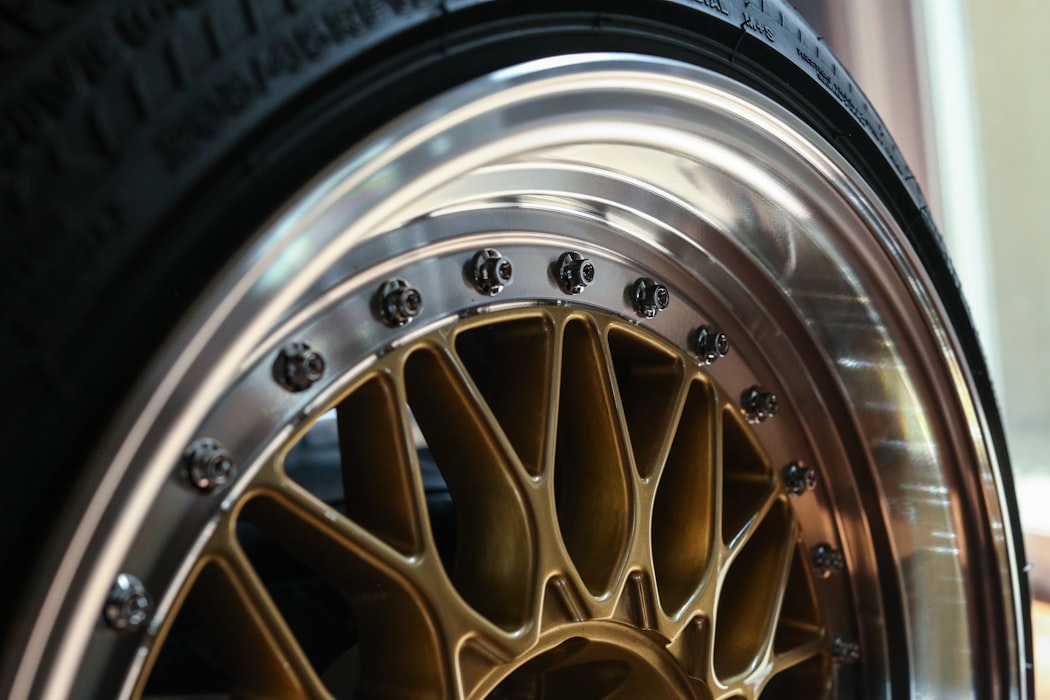
Each year, over 11 million replacement tyres are sold in South Africa. According to Consumer Reports, there are over 350 tire brands on the market globally, offering great choice to drivers across the country when its time to replace their tires. With tyre prices on the South African market going as high as R1,065, there is no question that the cost of this essential maintenance tasks can be hefty for some drivers. As a result, it makes sense that most drivers would seek budget-friendly alternatives when the time comes for tire replacements. However, with the condition of your car tires impacting both car safety and driver handling, is it a good idea to skimp on quality to save money? In short, no. Deciding to spend more on premium tires now can not only extend your vehicle’s life in the long run, but keep you safe on the roads too.
Opting For Alternative Tire Brands Could Compromise Your Car Handling
Your tires determine how much control you have over your car. This includes your braking ability and the stability of your car. According to test driver for Continental, Scott Armstrong, “Tyres determine 50% of a car’s feeling and its characteristics when driven – including its handling.”
Therefore, while a cheaper option may seem lucrative, car owners must be sure that certain characteristics of the tire they are buying are suited to their vehicle and its needs. For instance, a larger wheel diameter provides more stability during acceleration and better braking power. The tread depth of your tire also impacts your braking ability and is particularly crucial during colder seasons. To improve safety when driving in wet conditions and avoid spinning out, a thicker tire thread is recommended. Of course, tires with a thicker tread may also cost a bit more.
Spending More On Tires Now Means Lower Insurance Premiums And Running Costs In The Long Run
Insurance companies want to be sure that drivers are keeping their vehicles well maintained – and that includes their tires. Paying less for lower quality tires means you are compromising your safety and increasing your risk on the road. With compromised handling, you have an increased risk of being involved in accidents or having regular breakdowns. To an insurance agent, this makes you a higher risk client. To account for this increased risk, they charge a higher premium, automatically driving up your car maintenance costs.
Budget tires may also need replacing more often, which in the long run, heightens the cost of maintaining your car. With South Africans spending an average of R7,851.39 on car maintenance yearly and car insurance premiums rising steadily, spending more on replacing your tires now may be better for your budget overall. Budget or second-hand versions also come with a shorter life span, meaning you need to replace them more often. Additionally, most premium tires come with a warranty, which means if they do need replacing before time, your warranty coverage will cover some or all of those costs. If you find yourself still worried about affording premium tires or finding the original tire models for their cars, buying tires online can also save money. Online sellers often have a wider range, comprehensive shipping options, and seasonal discounts.
Higher Quality Tires Means Improved Driver Safety
Cheaper car tires are also made using a poorer grade of rubber compounds, and often have lower quality control standards. Industry leaders like Bridgestone or Goodyear have rigorous industry standards and regulations to adhere to. The result? Tires with shorter lifespans and less grip than premium tires. In wet seasons, this proves to be particularly problematic, as it takes more time to stop your car in hazardous situations and a this increases your chances of a car crash. With longer reaction times and stopping distances needed, cheaper tires put the driver, passengers, and fellow road users at more risk.
Good tires also extend car safety in terms of wear and tear. While premium tires come with a higher price tag, they also have a longer lifespan, and their traction declines at a slower rate. According to a survey by Which, budget tires lasted two years compared to the five years lifespan that premium tires showed. The survey was done using an annual mileage of 12,000 miles.
Lastly, don’t forget to maintain your tires properly. Tire maintenance should be scheduled regularly, and should include tire rotations and checking the tire pressure, which will help to extend their useful life and improve their effectiveness. If you do choose to deviate away from the tire model your car was originally fitted with, do your research using independent expert reviews and driving forums so that you can make the best choice for your car – and yourself.
